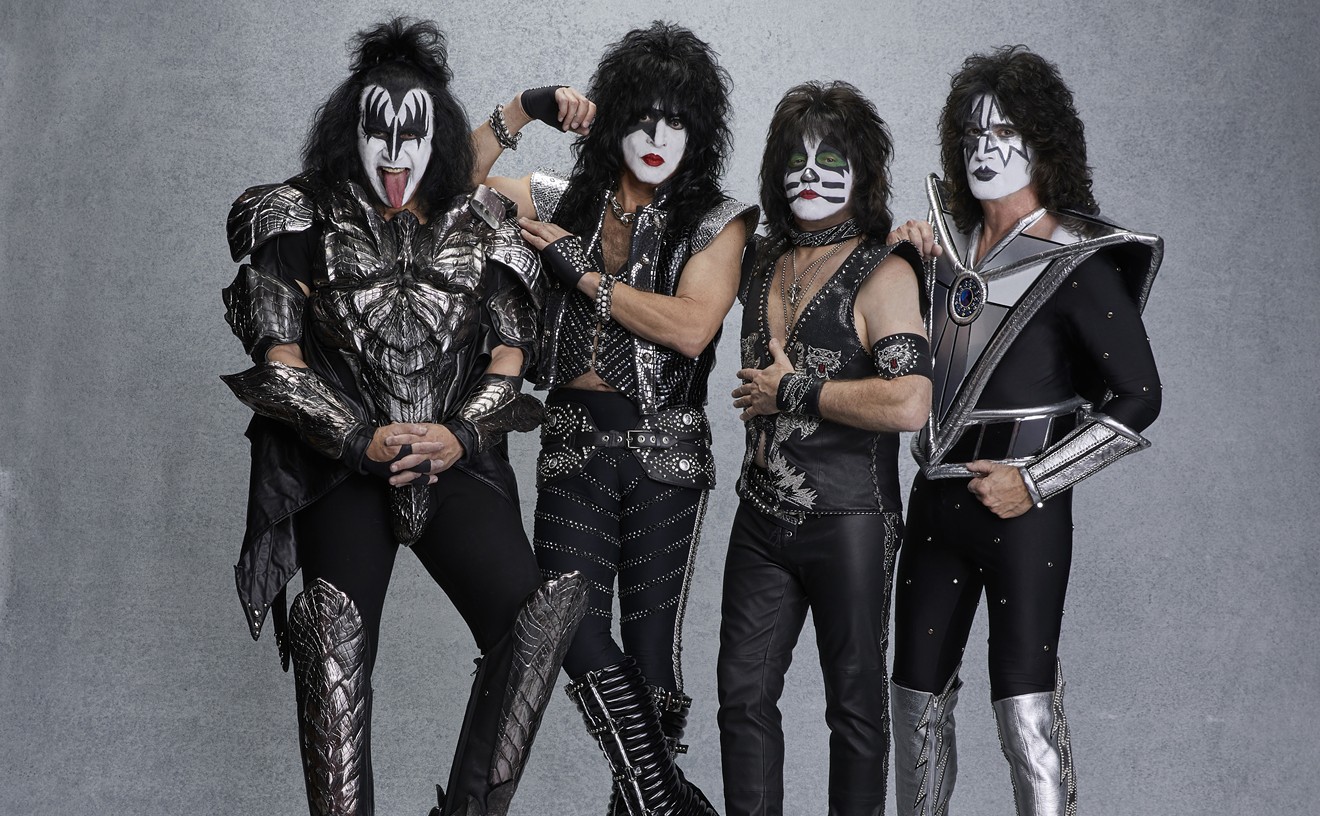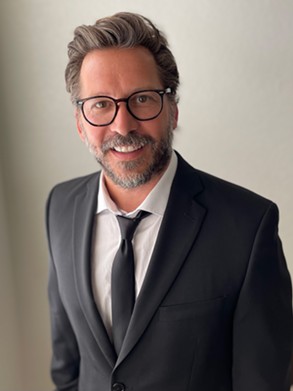Support Us
Houston's independent source of
local news and culture
account
- Welcome,
Insider - Login
- My Account
- My Newsletters
- Contribute
- Contact Us
KISS Rocks and Rolls All Nite for Two Nights on A&E Doc
[
{
"name": "Related Stories / Support Us Combo",
"component": "11591218",
"insertPoint": "4",
"requiredCountToDisplay": "4"
},{
"name": "Air - Billboard - Inline Content",
"component": "11591214",
"insertPoint": "2/3",
"requiredCountToDisplay": "7"
},{
"name": "R1 - Beta - Mobile Only",
"component": "12287027",
"insertPoint": "8",
"requiredCountToDisplay": "8"
},{
"name": "Air - MediumRectangle - Inline Content - Mobile Display Size 2",
"component": "11591215",
"insertPoint": "12",
"requiredCountToDisplay": "12"
},{
"name": "Air - MediumRectangle - Inline Content - Mobile Display Size 2",
"component": "11591215",
"insertPoint": "4th",
"startingPoint": "16",
"requiredCountToDisplay": "12"
}
]
Though he was born in 1973 – a bit too late to experience the impact of the band at its commercial and cultural peak – young D.J. Viola nevertheless became a hardcore KISS fan. Though he knows it wasn’t always easy for other kids to sneak that fandom past a certain gatekeeper.
“To be a fan, it depended on what age you were when they hit the scene and how protective your mom was. Not many suburban moms thought this was a good idea to be exposed to!” he laughs. “But once you’ve experienced KISS, there’s no way you go back. It was the soundtrack of so many good times in my life. In the documentary, Paul talks about no matter how big the KISS Army fandom got, it was still like being a member of the Black Sheep Society.”
The bombastic, fire shooting-and-breathing, makeup wearing, and costume clad hard rock foursome is about to resume the pandemic-delayed “End of the Road” Farewell Tour. And the now 48-year-old producer and director Viola has been charged with helming the “definitive” documentary on the group.
Biography: KISStory will screen on June 27 and 28 for two hours each night on the A&E Network, telling the story of the band, its various lineups, music, and cultural impact from their very beginning up until today.
And it’s already got two exacting fans in KISS co-founders and remaining original members Gene “The Demon” Simmons and Paul “The Starchild” Stanley. Notorious for their tight grip on the image and presentation of the band, Viola—who has known Stanley for years—said the duo put no constraints on his vision.
“After the screening at Tribeca, Paul called me and said ‘No one has ever seen my band like this before.’ And that was a massive compliment, given they were [the subject] of like 30 odd docs previously,” Viola says.
“I had to get to a trust with these guys. And there was never any mandate or one single note from them that said ‘Please don’t go there.’ It was warts and all. They’ve always been in such control of the story before with a firm grasp on their brand. This was more personal.”
Viola says that he wasn’t even originally that intensely involved, but that the project had trouble “finding its footing.” So he stepped in to help more and direct segments and write scripts. Then he started combing through thousands of old interviews and stories about the band in books, magazines, newspaper articles, and video footage. Before he knew it, he became “The Guy.” With a career that has one foot in the scripted film world and one in the documentary arena, Viola has no question about which genre is more labor intensive.
“Documentaries are such long-haul jobs and take so much longer than scripted movies. This one was like making two full movies. And it was three years in the making!” he says.
“And the legal on this project was bonkers. For the first part alone, we had to get 2,500 individual licenses for footage and music. And not just set a price, but get everyone to sign off on it. I may be leaving the industry after this. We’re still editing this stuff right now!” Mind you, Viola says this just five days before the worldwide premiere of KISStory.
Another challenge Viola had was getting Simmons and Stanley to break out from their well-worn and well-rehearsed stories of the band’s history and anecdotes. Even if it bristled them initially.
“I had to break that up. I wanted them to be introspective of their career rather than retrospective. The ‘hows’ and the ‘whys’ of things that happened and how they felt. I tried to bring the humanity to it,” Viola says. “Gene and Paul are icons, but you have to stop them and say ‘I already know that.’ And it was like ‘Did you just interrupt me? I am the DEMON!’” And then over time it turns into ‘Yeah, that’s OK.’”
In addition to all four current members of KISS: Simmons, Stanley, Eric Singer, and Tommy Thayer, Viola has other onscreen interviews with former member Bruce Kulick, KISS acolytes and current big name rockers Dave Grohl and Tom Morello, manager Doc McGhee, producer Bob Ezrin, engineer Eddie Kramer, and more.
Not shown in new interviews onscreen – and sure to the consternation and conspiracy dabbling of many – are the band’s other two co-founders, Ace Frehley and Peter Criss. Their conflicts with Simmons and Stanley, especially over substance abuse issues and behavior, have let to them various times over the years to being fired or quitting.
Today, Thayer and Singer perform in their original’s “The Spaceman” and “The Catman” makeup and costumes. Frehley and Criss are heard in archival interviews, and both were approached to participate with new footage. But a title card put up in the story during the time of the 1996 reunion-in-makeup-and-costumes tour notes "Neither Ace Frehley nor Peter Criss participated in the creation of this documentary and do not endorse the views in this program." Simmons and Stanley hold that their bandmates' bad habits returned.
Stanley’s side, as he told UltimateClassicRock.com, is that fell apart when both wanted to be paid for their time and have “final editing rights.” Ultimately, Criss also denied permission for the filmmakers to use any excerpt from the band’s biggest crossover hit, the ballad “Beth.”
“It comes down to…mastering and publishing and who the authors are. That song is written by three people, and two of them [Bob Ezrin and Stan Penridge] signed off on it,” Viola says. “By the time I got really involved, that ship had sailed. And I’m not getting to Peter, I’m getting to his team who says ‘Please stop bothering our client.’ But you can’t avoid [“Beth”] and the huge success and how it became mainstream to an audience who could not name another KISS song.”
Viola adds that Simmons asked him specifically to please not exclude the participation and importance of Frehley and Criss. “KISS exists because of those four original members and it continues with the four current members,” the director says. “I tried to balance [Frehley’s and Criss’s] stories as well. We did our best to still include them. To talk about the realities of the lows, but also celebrate the highs.”
Ultimately, KISStory shows better than any other account a real glimpse into the relationship between Simmons and Stanley, best shown and most genuine in the interview segments they do together, simply reminiscing. "What we share together, this friendship, this bond built over 50 years now, is beyond friendship," Stanley offers. "It's family."
Finally, the question must be asked: Would we still be talking about KISS today – much less as the subjects of such a long documentary – if it were based just on the music and not the makeup, costumes, stage show, and products ranging from KISS dolls, lunch boxes, games, and comic books to condoms and even KISS coffins? (one of which Pantera guitarist and KISS superfan Dimebag Darrell was buried in?).
“Quite possibly. In a visual sense, they lend themselves to film. And that’s why the shows were the first big draw of the fanbase over the records. They have an incredible library of music. Paul says in the doc it’s hard for him when writers confuse stupidity with simplicity,” Viola says.
“A hard driving, perfectly placed beat and solo is an art form. Those songs hold up. They do have an impact sonically, but you can’t [deny] the show, and that’s of their making. But ultimately, everyone is at home at a KISS concert when the place is practically on fire and your eyes and your ears are bleeding. I don't know how the fire marshal ever approves these shows.”
Well, one clue may rest in something the director tacks on at the end of the interview. “I asked Gene once how they got away, and still get away with it,” he laughs. “And he told me ‘No one ever believes the explosions are gonna be that big.”
Biography: KISStory runs Sunday, June 27 & Monday, 28 on the A&E Network.



